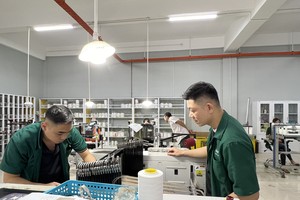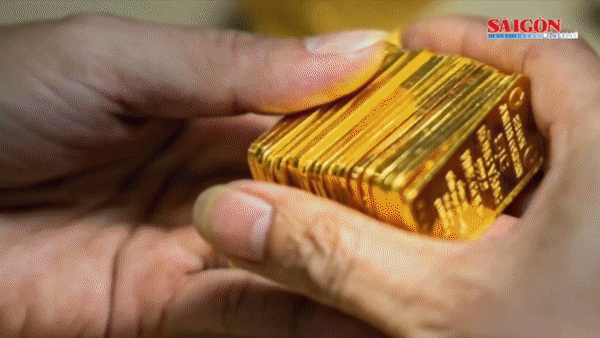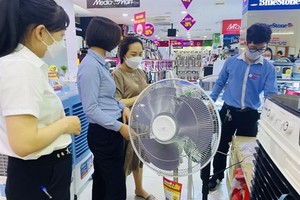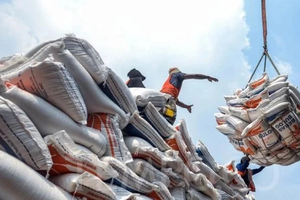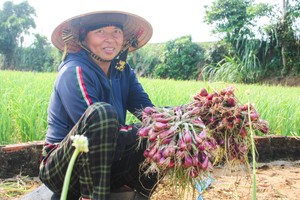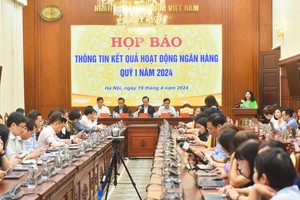
CORIGAP is a project coming from a 10-year initiative of the International Rice Research Institute (IRRI), sponsored by the Swiss Agency for Cooperation and Development (SDC). The project aims at increasing food security, promoting gender equality, reducing poverty via yield improvement and the sustainability of wet rice cultivation systems in the six partner countries of Vietnam, Myanmar, Sri Lanka, Thailand, Indonesia, and China.
Taking part in this project, farmers of the above nations actively reduce pesticides while using the seed rate, fertilizer, and irrigation water more logically, resulting in significant drops of expenses. In addition, they are able to decrease post-harvest loss as well as greenhouse gas emissions. These mean environmentally sustainable production.
The project develops a framework for sustainable cooperation among partners, many national or even regional programs about optimal rice management practices for the sake of thousands of farmer groups. These are achieved through capacity building for the six partner countries, followed by a strong collaboration for yield increase and sustainable income.

Another meaningful achievement is the replication of sensible management practices for production, mechanization, and post-harvest of wet rice in order to minimize loss and propagandize wise farming practices to farmers and stakeholders in the value chain.
"IRRI believes that technology application and mechanization in the post-harvest stage can considerably increase the rice yield as well as decreasing greenhouse gas emissions, becoming the foundation for great resilience”, said Dr. Cao Duc Phat – Chairman of IRRI’s Board of Directors.
